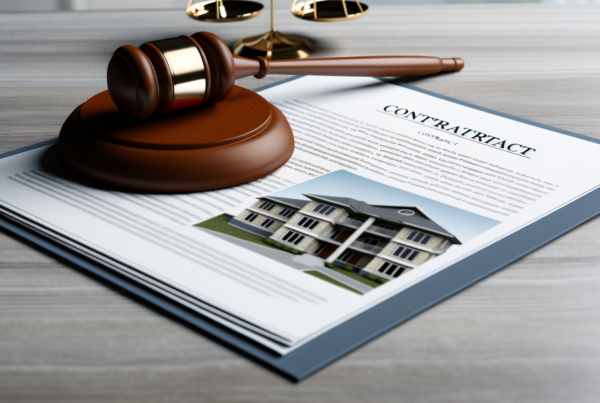Commercial lease reviews are a critical yet often overlooked component of the leasing process for businesses. A well-executed lease review can safeguard a business’s interests and contribute to its long-term success. It serves as an essential tool for identifying potential liabilities, understanding financial commitments, and ensuring the lease terms align with business objectives. As the commercial real estate landscape continually evolves, the importance of comprehensive lease reviews has become increasingly evident. In this article, we will explore the significance of lease reviews, the key elements to focus on, and the impact they can have on a business’s operational efficiency and long-term profitability.
Understanding the Financial Obligations
A thorough commercial lease review begins with a detailed analysis of financial obligations. Rent isn’t the only cost to consider; hidden fees such as maintenance, utilities, property taxes, or insurance must also be examined. Unanticipated costs can severely affect a business’s cash flow and financial stability. Understanding the full scope of these financial commitments allows businesses to budget effectively and avoid any surprises that may arise during the lease term. Moreover, negotiating terms related to these costs can lead to substantial savings and improve overall revenue management.
Identifying Potential Liabilities
Another crucial aspect of lease reviews is identifying potential liabilities that may arise from the lease agreement. This includes understanding terms that pertain to property damage, subleasing rights, and lease termination. A lease review illuminates areas where a business could be held financially responsible or face operational challenges. By pinpointing these risks early on, businesses can take proactive measures such as negotiating risk-reduction clauses or opting for favorable terms. This foresight can mean the difference between a successful lease period and a costly dispute or unexpected closure.
Aligning Lease Terms with Business Objectives
Every business has distinct goals and strategies that guide its operations. As such, it’s crucial that the lease terms align with these objectives. A comprehensive lease review allows businesses to assess whether the space suffices for current and future expansion needs, allowing for flexibility in scaling operations. Terms such as duration, renewal options, and expansion rights are critical considerations that can facilitate or hinder growth. Ensuring that the lease is compatible with corporate strategy fosters a more cohesive and productive work environment.
Facilitating Future Negotiations
A well-documented lease review process not only helps in understanding the current terms but also prepares a business for future negotiations. When a company has a clear grip on its existing lease terms, it stands in a stronger position to negotiate renewals or adjustments. This is particularly important in dynamic markets where space requirements can change rapidly. Engaging in proactive discussions about lease modifications or extensions ensures that businesses retain leverage and can secure more favorable terms as they evolve.
In conclusion, the importance of commercial lease reviews cannot be overstated. These reviews are vital for understanding financial obligations, identifying potential liabilities, aligning lease terms with business objectives, and facilitating future negotiations. By investing time and resources into a comprehensive lease review, businesses not only protect themselves from unforeseen challenges but also position themselves for growth and stability in an ever-changing marketplace. As leasing agreements form the backbone of operational infrastructure, prioritizing lease reviews ensures that companies can navigate real estate dynamics with confidence and agility.




